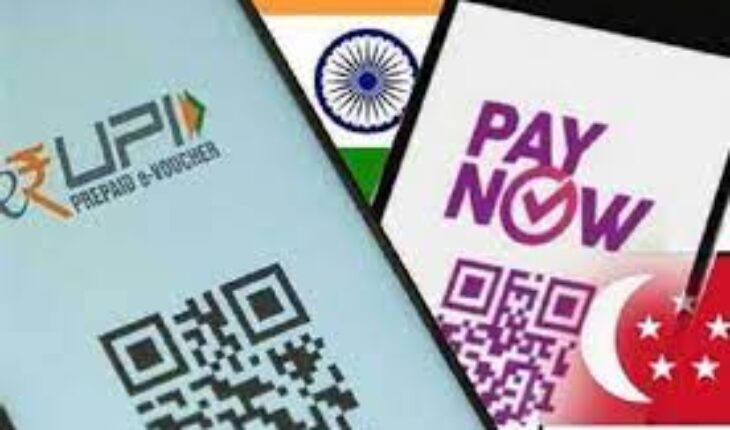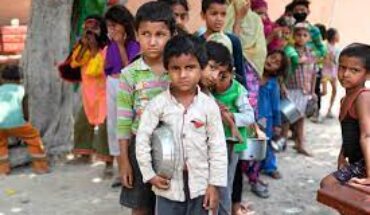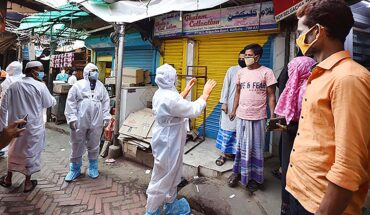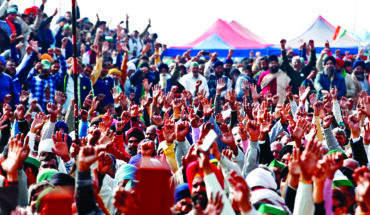The recent launch of a cross-border link for real-time person-to-person money transfers between India and Singapore is a significant step towards facilitating seamless financial transactions between the two countries. The token instantaneous cross-border remittances made by the Reserve Bank of India Governor and the Monetary Authority of Singapore’s Managing Director signify the potential of this link to make a tangible difference in the lives of millions of people. The cross-border link will enable individuals wishing to remit funds for the ‘maintenance of a relative’ or as a ‘gift’ to transfer the money seamlessly using the UPI at the Indian end and the PayNow app at the Singapore end. This will be particularly beneficial for the Indian diaspora in Singapore and tens of thousands of migrant workers employed in Singapore’s construction, marine shipyard, and services sectors. These individuals can now send money back home to their families with ease and in a timely manner. The link is a testimony to the strong economic ties between India and Singapore. It is noteworthy that six banks in India, including three state-run, two private and the Indian unit of Singapore’s DBS Bank, will be facilitating inbound remittances to their account holders, while one private lender and the three public sector banks will enable their Indian customers to send money using the link. In Singapore, customers of DBS Bank and the non-bank lender Liquid Group can avail of the transfer facility. The launch of the cross-border link is a testament to the power of technology in bridging geographic boundaries and facilitating cross-border transactions. It is a significant step towards enhancing financial inclusion, promoting cashless transactions, and promoting digitalization in the two countries. In conclusion, the launch of the cross-border link for real-time person-to-person money transfers between India and Singapore is a welcome step that will have a positive impact on the lives of millions of people.
More cross-border digital payment links required
Published Date: 25-02-2023 | 4:23 am




